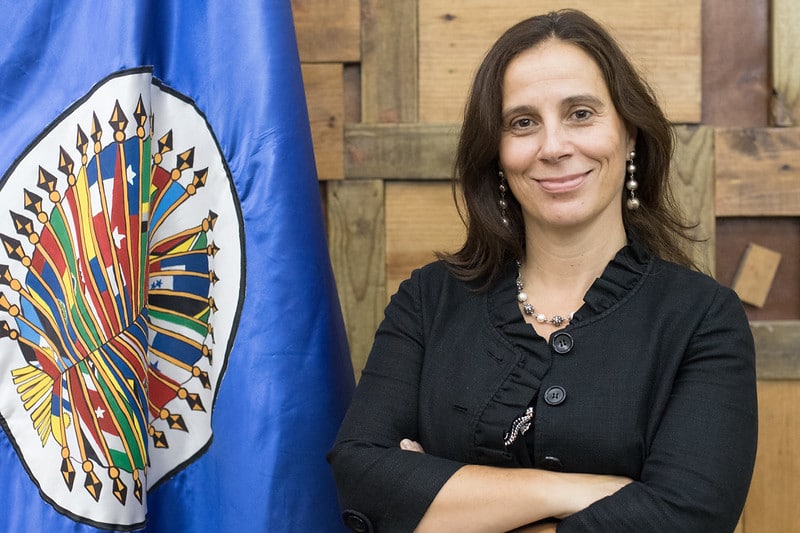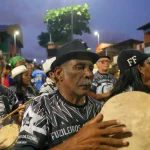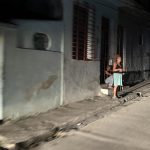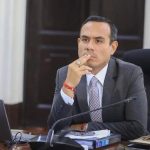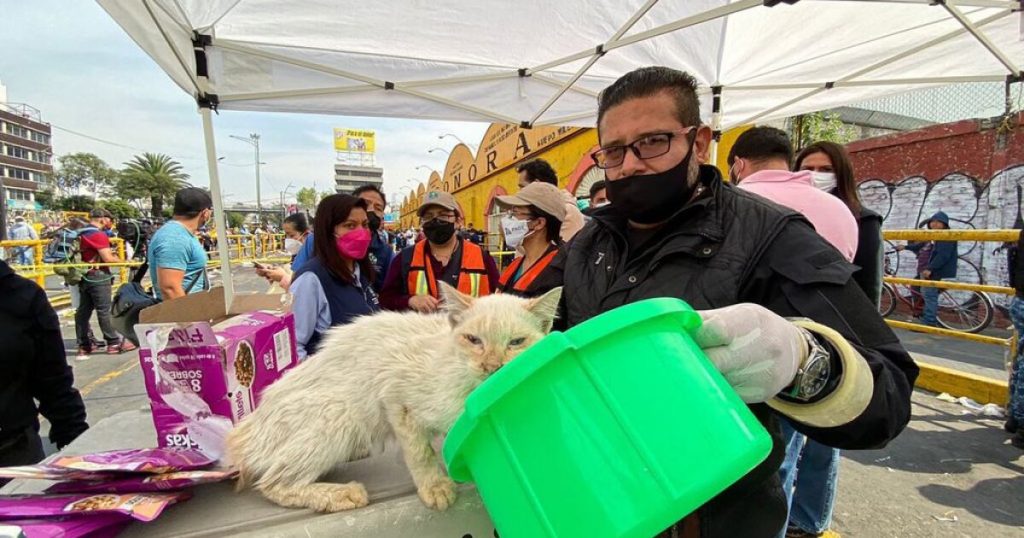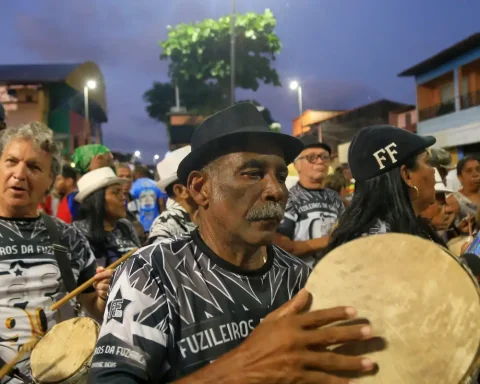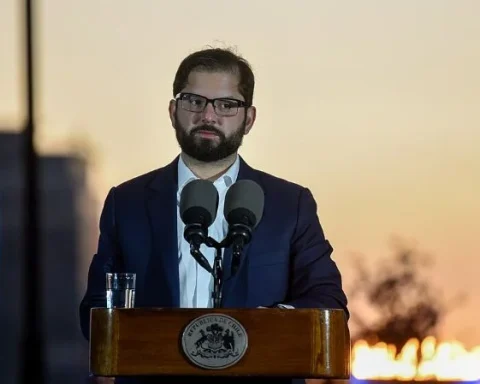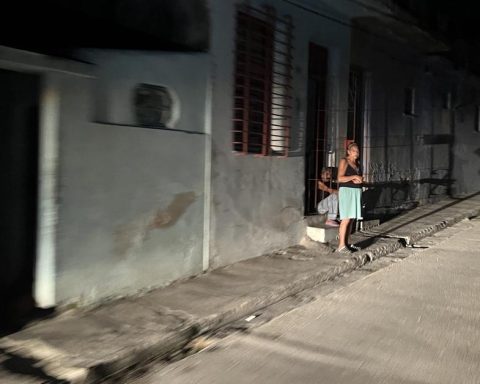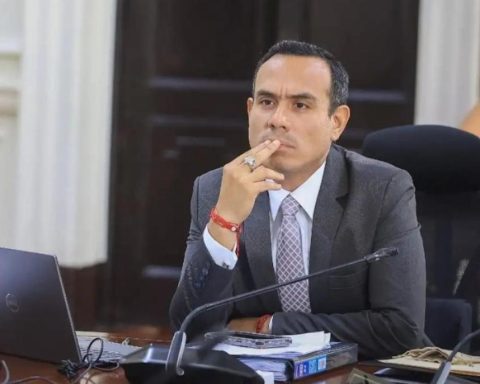Commissioner Antonia Urrejola, at the end of 2021, will cease to be part of the Inter-American Commission on Human Rights (IACHR), after not being reelected as commissioner of the organization, during the votes carried out in the framework of the 51st General Assembly of the Organization of American States (OAS).
The new members of the IACHR, elected and re-elected as commissioners, for the period 2022-2025, are: Joel Hernández García, from Mexico, who, like Urrejola, ran for reelection; Roberta Clarke, from Barbados; and Carlos Bernal Pulido, from Colombia.
The candidacy of Pulido, proposed by the Government of Iván Duque, was strongly criticized by human rights organizations, it was even known that more than 60 of these rejected this application.
Five candidates were included for the three positions of commissioners of the IACHR, elected by the General Assembly of the OAS, among them Commissioner Urrejola who, although she only received nine votes during the voting, without being elected, was one of the best evaluated. in the “Final report of the independent panel of experts for the evaluation of candidates for the Court and the Inter-American Commission on Human Rights.”
The document indicated that Urrejola met “the requirements to be reelected as commissioner and that, if she were, she would contribute significantly to the work of the IACHR, by virtue of her knowledge and previous accumulated experience.”
Urrejola will remain in her position as president of the IACHR and country rapporteur for Nicaragua until December 31. As of January 1, 2022, the distribution of the new commissioners who were elected will be known: Joel Hernández, 27 votes: Carlos Bernal Pulido, 21 votes; and Roberta Clarke, 23 votes.
The Assembly also selected four new members of the Inter-American Court of Human Rights (I / A Court HR), resulting in the election: Rodrigo Bittencourt Mydrovitsch, from Brazil; Verónica Gómez, from Argentina; Nancy Hernández López, from Costa Rica; and Patricia Pérez Goldberg, from Chile.
Urrejola says goodbye advocating for Nicaragua
During the presentation of the IACHR’s 2020 report to the OAS General Assembly, Urrejola took the opportunity to say goodbye and make a call on the “serious” situation that Nicaragua continues to face.
“I cannot fail to draw attention to the honorable Assembly of the serious situation in Nicaragua, whose people I have accompanied in the last four years, and tell everyone that I will continue accompanying them from wherever the future may bring me,” said the defender.
He also reiterated his support and gratitude to indigenous peoples, human rights defenders, and the families of victims of human rights violations.
In addition, he paid tribute to the memory of the millions of people who died in the world due to the covid-19 pandemic.
Presentation by the President of the @CIDH Antonia urrejola @ totonia68 to #AssemblyOEA in Guatemala ??
? https://t.co/CenV5VdCJp
? https://t.co/YOgQAQjAOY pic.twitter.com/OSXIBIb6cg– OEA (@OEA_oficial) November 12, 2021
The rapporteur for Nicaragua highlighted that the 2020 report of the IACHR included, in Chapter IV, the situations of Cuba, Venezuela and Nicaragua, countries that she warned “require special attention.”
Nicaraguans appreciate Urrejola’s work
After learning of the non-renewal of Urrejola’s mandate, hundreds of Nicaraguans overflowed on social networks thanking the work that the Chilean did, especially since the April 2018 Rebellion, when the repression of the Ortega-Murillo regime was unleashed with greater force.
Olga Valle, a researcher at Urnas Abiertas and former political leader of the Ortega regime, through her Twitter account, expressed that “the presence of Commissioner Antonia Urrejola was a relief, light and hope” during the repression suffered by thousands of Nicaraguans in 2018. He added that the work of the rapporteur for Nicaragua “made us think that achieving justice is possible, even if the road is long.”
Lucía Pineda, press officer of the closed Canal 100% Noticias and former political prisoner of the Ortega regime, also expressed her gratitude to Urrejola for the “valuable work and solidarity in documenting human rights violations in Nicaragua.”
Civil society organizations such as the Autonomous Movement of Women (MAM) and the Nicaraguan University Alliance (AUN), also extended their gratitude for Urrejola’s accompaniment to the “victims of human rights violations”.
